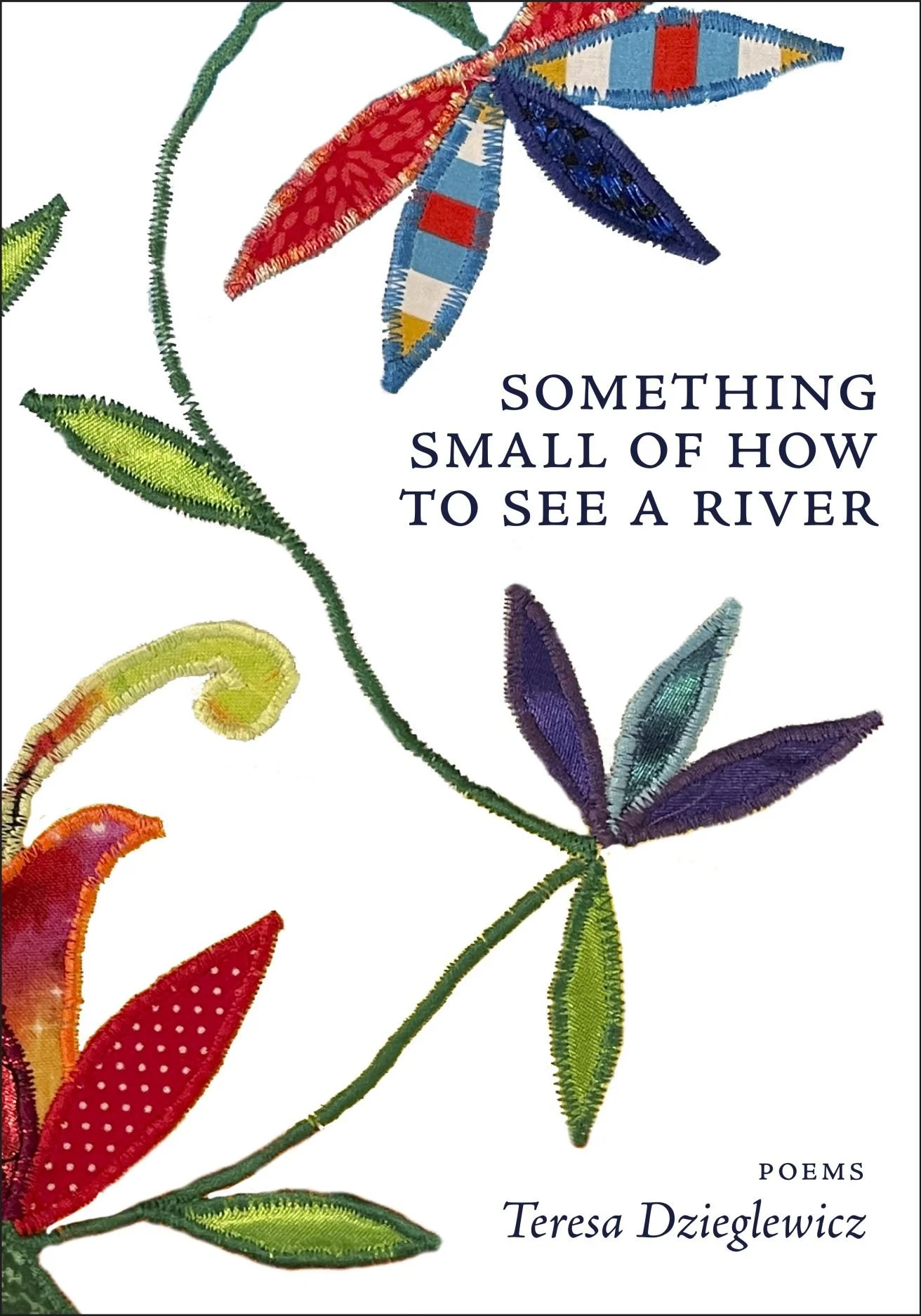WINNER OF THE DORSET PRIZE FOR POETRY
“Something Small of How to See a River chronicles a vivid landscape of the struggle for sovereignty, dignity, and survival on the Standing Rock Reservation. The poet calls forth the full humanity of those standing in solidarity with the land and their children’s futures. The poet is smuggling a fresh groundwater swell of realfolk stories to testify alongside and against the sludge of headline misinformation, police reports, municipal records, and statistics. Working in the true sense of a liberatory project, here is honest, bracing news for the weary but unwavered.”
—from the Judge’s Citation by Tyehimba Jess, winner of the Pulitzer Prize
About the Author
Teresa Dzieglewicz is an educator, poet, and part of the founding team of the Mní Wičhóni Nakíčižiŋ Wóuŋspe (Defenders of the Water School) on the Standing Rock Reservation. She was named a Best New Poet of 2018, as well as winner of the 2018 Auburn Witness Prize, a 2018 Pushcart Prize, and the 2020 Palette Poetry Prize. Dzieglewicz has been a fellow at New Harmony Writers Workshop, the Kimmel Harding Nelson Center, the NY Mills Arts Retreat, and Brooklyn Poets. She received her MFA from Southern Illinois University in Carbondale, where she was recognized with an Academy of American Poets Prize.
Advanced Praise
“This is the most memorable debut I’ve read in years… This book braids many voices together in a ceremony of solidarity.” —Craig Santos Perez, author of from unincorporated territory [åmot], winner of the National Book Award
“Something Small, is an offering; a collection of poems that together reads as an epic poem and ode to all the water protectors at Standing Rock. Not the interlopers or spectators, but those who came to work in the name of our collective liberation… Teresa not only teaches us ‘how to see a river,’ but peels back the colonialist residue from the Mni Sosi, revealing a glimpse into all the life and beauty she sustains.” —Sandy Grande, author of Red Pedagogy
“Something Small of How to See a River sings in the dark…I was captivated by these poems that reminded me of ceremony, beauty, and the depth of human connection amidst the terror.” —Tiana Clark, author of I Can’t Talk about the Trees without the Blood
“In bracing, enlivening poems, Teresa Dzieglewicz makes her impressive debut as a poet of place and heart…I felt changed by this book.” —Lynn Melnick, author of I’ve Had to Think Up a Way to Survive
“Teresa’s words brought back visceral memories of being at camp—all of my senses were engaged. When I read this, I was there again. —Kimimila Locke, Water Protector, Co-developer of Mní Wičhóni Nakíčižiŋ Woúŋspe
Format: Paperback
Published: October 2025
ISBN: 9781946482822

